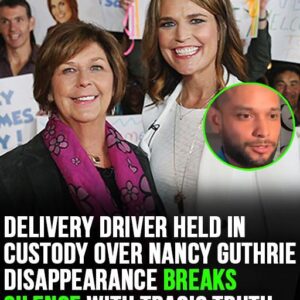A grandmother shared a painful story about the challenges of blending families. Her son, Nathan, remarried and had a stepdaughter named Keira. Despite being a loving grandmother to her biological grandson, Caleb, she struggled to bond with Keira, whom she didn’t feel a natural connection with. When her son asked her to babysit both children, she hesitated and then bluntly refused to watch Keira, suggesting she be with her real grandparents instead. The words caused a deep rift in the family.
The fallout was swift and harsh. Keira cried, and Nathan was deeply hurt, calling his mother “cold-hearted.” Even her sister condemned her actions, stating she wouldn’t trust her with her own kids. The grandmother was left devastated, questioning whether she was wrong for setting boundaries or if she had simply been honest about her feelings. She replayed the moment in her head, grappling with guilt and confusion over her emotions toward Keira.
Her son’s response was severe. He told her that if she couldn’t treat both children as equals, she didn’t deserve to be a grandmother. The family’s reaction left her feeling isolated, and she began to wonder if her relationship with her son could ever heal. The grandmother acknowledged that she had raised her own children and had a special bond with Caleb but struggled to replicate that connection with Keira.
As she questioned her actions, she asked whether she was being selfish or simply being brutally honest. Was her refusal to babysit her son’s stepdaughter a mistake, or was it a truthful expression of her feelings about the complexities of blended families?





